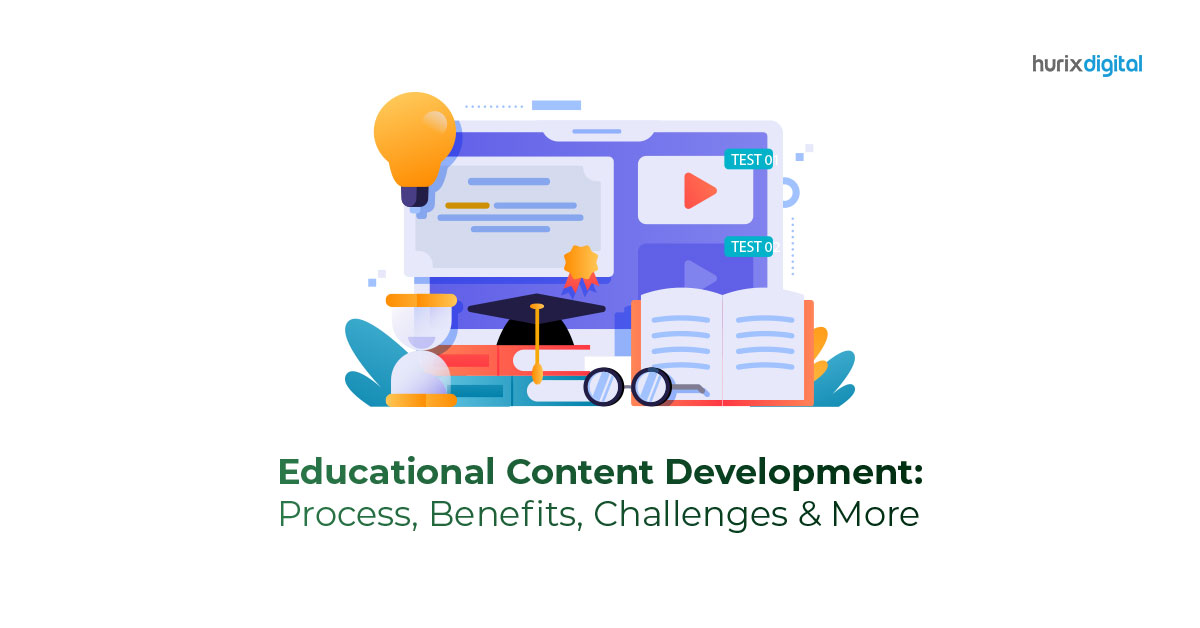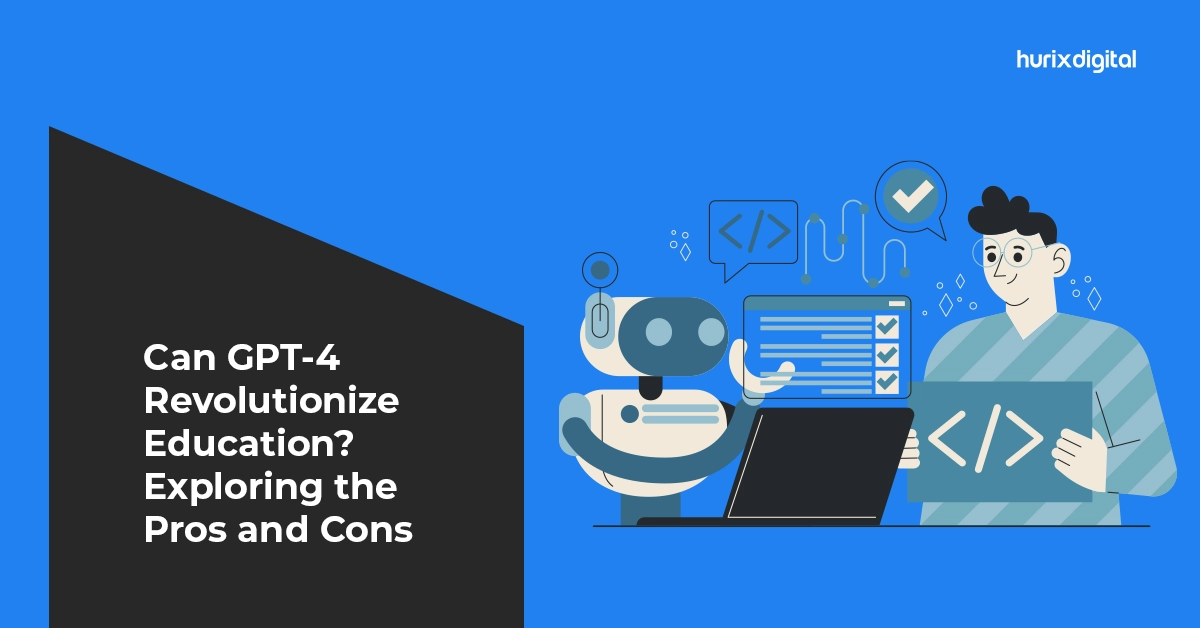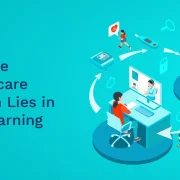
Benefits of Stackable Credentials for Community and Technical Colleges
A Moody’s Investors Service report predicted a disruption in higher education in the US, with universities expanding into online degree, non-degree, and certificate programs, according to Inside Higher Ed and Education Dive.
“Some universities previously resistant to change will have to take more expansive steps to adapt to this transformation,” Pranav Sharma, Assistant Vice President at Moody’s, was quoted as saying in a statement. “Not all universities, however, have the resources or culture to move quickly and the coronavirus will expedite existential threats for some.”
While universities with resources are moving to invest in online education, others are entering partnerships with online education providers. In August this year, the University of Arizona announced its acquisition of Ashford University, an online college with 35,000 student enrollments, while, in June, the University of Massachusetts announced a partnership with the online Brandman University.
The move to build differentiated programs with online capabilities precedes the onset of the coronavirus pandemic. Take the instance of Purdue University acquiring the “long-time leader in adult education,” Kaplan University, to create Purdue University Global.
After the coronavirus threat passes, strong university brands will see a return of students to the campus for traditional courses and programs that require hands-on work. On the other hand, universities with inconsistent student demand will need to adapt their business models by adding online learning with stackable non-degree and certificate programs.
Table of Contents:
- The Disruption of Higher Education
- The Rise of Stackable Credentials
- The Role of Stackable Credentials in Building Future-Ready Graduates
- Final Thoughts
The Disruption of Higher Education
On the day Moody’s released its report, the Strada Center for Consumer Insights released a Covid-19 Work and Education Survey on What’s Driving Americans’ Interest in Short-term and Virtual Skills Training Options. The survey was conducted by the Indianapolis-based Strada Education Network, which transformed itself from a federal student loan guarantor, USA Funds, established in 1960, to a national social impact enterprise in 2014, according to Forbes.
The Strada survey showed 62 percent of American adults aged 18 and older preferred either skills training or nondegree credential courses. Of these, Americans with a high school education or less thought that education programs should be stackable.
Interest in online training and certificate programs spiked in April and May this year when school and college campuses shut down due to the coronavirus pandemic, leading massive open online course (MOOC) providers and other schools to increase their non-degree credentials offerings.
Enrollments to the 13 courses that Harvard Business School Online offers increased 650 percent between April and June compared to the same period a year earlier, according to Inside Higher Ed. Similarly, the University of Illinois at Urbana-Champaign saw an increase in enrollment in degree and non-credit-bearing online programs it offers through the Gies College of Business in partnership with Coursera.
The vice president of the online learning platform Udemy, Shelly Osborne, is quoted as saying that enrollment of corporate learners for the Udemy for Business course on telecommuting increased by 21,598 percent.
Jeff Maggioncalda, CEO of Coursera, stated that they saw a 400 percent increase in registered users since mid-March compared to the same period last year. Adam Medros, co-CEO of edX, reported a similar pattern.
Despite the spike in enrollments, an edX survey published in June this year revealed that Americans had conflicting views about their future education and career decisions.
Of the respondents, 56 percent said they were interested in pursuing additional education but could not because of cost and time constraints. Keeping this in view, the edX announcement of June 11 this year says it offers “an innovative suite of stackable, modular credentials—including MicroMasters® programs, Professional Certificate programs, and MicroBachelors® programs—that deliver meaningful career impact flexibly and affordably.”
The move towards offering stackable credentials began after the December 2010 advisory of the US Department of Labor on strategies to increase the rate of credential attainment among workforce program participants and improve the quality of those credentials.
The advisory defined a stackable credential as “part of a sequence of credentials that can be accumulated over time to build up an individual’s qualifications and help them to move along a career pathway or up a career ladder to different and potentially higher-paying jobs.”
For example, a student can stack a high school diploma with an associate degree and a two-year postsecondary education to obtain a bachelor’s degree. A student can also stack an interim pre-apprenticeship certificate, complete an apprenticeship, and then earn a degree or advanced certification.
Also Read: Educational Content Development: Process, Benefits, Challenges & More
The Rise of Stackable Credentials
If you are wondering what are stackable credentials, you must know that the idea of stackable credentials is to enable students who cannot afford the time and cost involved in obtaining a degree to continue their education while they work. Thus, students can obtain a short-term certification for a skill that will help them gain employment and continue their education to stack credentials toward obtaining a degree.
Stackable credentials give students the flexibility to either
- Work part-time while they continue their education
- Work full-time while they continue their education part-time
- Take a break from employment and continue their education full-time for the next level of certification
While the benefits of stackable credentials for students are easily discernible, many community and technical colleges that offer short-term certificates and diplomas face a challenge in redesigning their programs to align with industry certifications. For this, they need to build strong partnerships with regional industries and government agencies that will help them obtain human, financial, and political resources.
Colleges that find the local industry is not hiring their graduates need to begin a conversation with the industry to find out their needs. They will probably find that the industry needs people with certain skills, and they need them fast. The graduates either do not have the specific skills the industry needs or the wait for them to join the workforce is too long. Rather than wait for graduates from colleges, the industry often begins recruiting and training the people it needs.
A conversation with industry can help the colleges design short-term industry-certified courses with stacked credentials. For example, colleges could collaborate with the industry to design foundational courses for basic skills that could make their students quickly employable while designing other courses for advanced skills that can be stacked with the previous courses.
After obtaining credentials for the first course, students will have the flexibility to get employed, continue their studies either full-time for the next credentials, study part-time while being employed full-time, or study full-time while being employed part-time.
Industries that would otherwise be utilizing their resources to train employees are often willing to partially fund the colleges and give their employees incentives in terms of cost or paid leave for further study.
The Role of Stackable Credentials in Building Future-Ready Graduates
As the demand for highly competent labor accelerates, community and technical colleges are positioned at the forefront of workforce expansion. Stackable credentials have arisen as a game-changer, allowing students to not only pursue flexible learning but also meet the growing requirements of industries.
By allowing students to “stack” certifications, colleges can provide a pathway that bridges the gap between education and employment while making education more accessible to diverse populations. But how do stackable credentials enhance workforce readiness? Here’s how:
1. Tailored Learning Pathways
Students have varying needs and time constraints. Stackable credentials in higher education allow for customized education plans that align with individual career goals and availability. Whether it’s a working parent, a recent high school graduate, or someone looking for a career change, stackable programs provide the option to study at their own pace.
- Short-Term Courses: Focused, industry-relevant certifications that can be earned quickly.
- Long-Term Flexibility: Students can pause and resume their studies while gaining practical experience in the field.
2. Faster Entry into the Workforce
In many cases, students pursuing traditional degrees face long timelines before securing employment. With stackable credentials in higher education, individuals can start working in their desired field much sooner, as initial certifications provide them with the necessary skills for entry-level roles.
This approach is particularly beneficial for industries facing labor shortages where hiring professionals with even foundational skills can alleviate workforce gaps.
- Immediate Employability: Short-term credentials equip students with skills to enter the job market quickly.
- Advanced Opportunities: As students progress, they can continue to build their credentials and qualify for higher-paying roles.
3. Economic Mobility for Students
Stackable credentials in higher education offer students the opportunity to balance work and study, breaking the traditional cycle of high tuition fees and delayed employment. By gaining practical skills in phases, students can move up the economic ladder while continuing to build on their qualifications.
- Increased Earning Potential: Each credential adds to a student’s resume, making them more marketable.
- Affordable Education: Stackable programs reduce financial strain by allowing students to work while they study.
By integrating stackable credentials into their offerings, community and technical colleges can become key players in shaping a skilled, adaptable, and future-ready workforce.
Also Read: 5 Bottlenecks in Higher-Ed Educational Program Development (and How to Fix Them)
Final Thoughts
To summarise, stackable credentials unlock a new era of learning where flexibility meets opportunity and knowledge is layered for maximum impact.
These programs empower students to leap into the workforce, skill up as industries evolve, and continuously adapt to the demands of a rapidly changing job market. Community and technical colleges now have the opportunity to lead this academic revolution, bridging the gap between classroom theory and real-world application.
At Hurix Digital, we are dedicated to transforming the way education is delivered, making it smarter, more convenient, and truly customized to the learner’s journey.
Our end-to-end online learning solutions are created to assist academic organizations in effortlessly integrating stackable credential programs that align with industry requirements.
Connect with our team to work together to create a dynamic and future-ready workforce!

Senior Vice President – Business Development
at Hurix Digital, with over 25 years of experience in EdTech and workforce learning. He excels in business development, customer relationship management, and scaling digital learning solutions, driving global growth through innovative content, simulations, and AI‑driven training offerings








